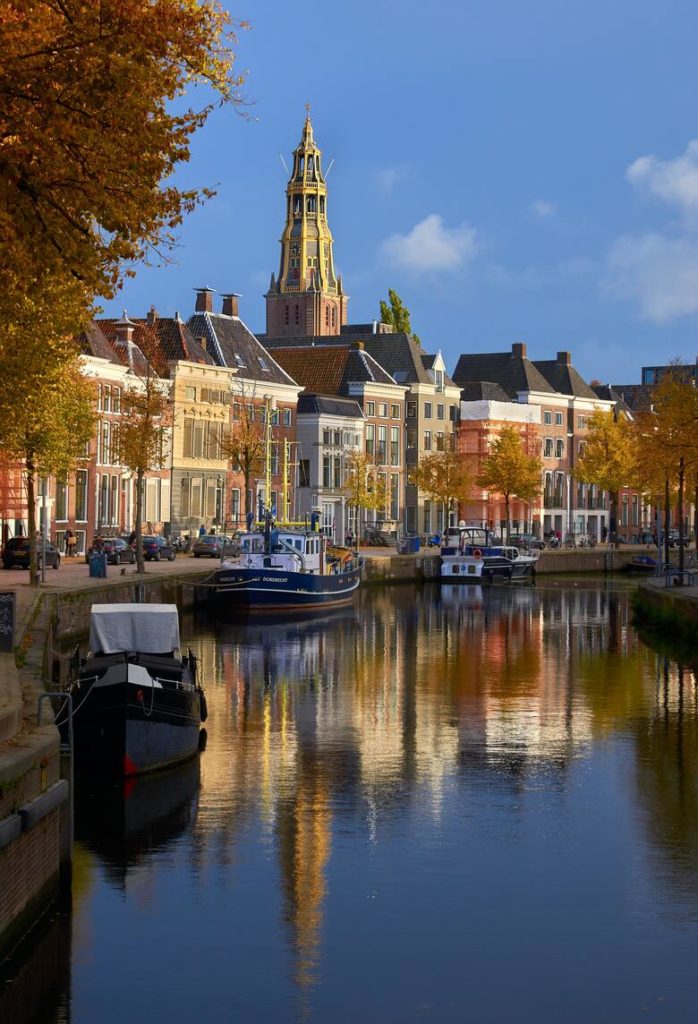As far as investment in real estate is concerned, the Netherlands offers equal opportunity to people of all nationalities to buy and sell property in the country, including Indian citizens. The process to acquire property, however, is different in Netherland. Hence being familiar with the process is essential to proceeding with an investment.

Buying or renting a property
A few years ago, property prices were shaken up by the financial crises all over Europe, due to which the prices fell sharply. With lesser people willing to sell, the rentals for the scarce social housing sector increased. Resultantly, in the current scenario, the rental costs are more than the mortgages. On the other hand, the cost associated with buying property has also risen up to almost 6% of the total amount – hence, experts suggest that owning a property should only be considered if it is to be kept for 4 years at least.
Choosing the property
Interested parties can search for available properties, whether rental or ownership, through online web portals, local newspapers, or word of mouth. However, in a society where more than 60% of the housing sector is owned, the decision to buy an available property has to be quick and timely.
The receding availability of housing in the Netherlands has caused the prices to go up, and searching for a property that fits the buyer’s price range can be difficult. Hiring a local “makelaars” (real estate agent) is probably the best way to go about the purchase. An agreement between the buyer and a makelaar ensures that the latter will negotiate with the owner on the buyer’s behalf as well as find the best property within the price range.
Purchasing property
All property acquisitions are handled by a notary (notris) as prescribed by Dutch law. Once a property has been decided for purchase, the buyer can apply for a mortgage. The lender is entitled to conduct a survey to ensure the structural integrity of the property and appraise the property accordingly. An old and weak structure may lead to high mortgage rate than one that has a new and strong structure.
The subsequent steps are as follows:
- Signing a presale agreement (koopovereekmost) between the buyer and the seller
- Notary holds the agreement along with 10% deposit made by the buyer
- Arranging a mortgage for the property
- Signing a completion contract to conclude the purchase
- Property is registered with updated credentials at the registry office (Kadster) by the notaris – whereby officially concluding the process
Fees and costs involved in purchasing property in Netherland
The costs involved in procuring property vary from case to case, however, certain fees are compulsory and must be borne by either party. Some of the compulsory costs are listed below:
- Buyer’s agent fee (paid by buyer)
- Property transfer tax (overdrachtsbelasting) – 2% of the price for private houses
- Legal fee – 1% to 1.5% of the price
- Registration fees – 1.0% to 1.5% of the price
- Maakelar fee – 1% to 2% of the price (in case of rental, one month rent)
- Conditional National Mortgage Guarantee, covered in case of failure to repay (usually, 1% of the price up to EUR 250,000)
Reclaiming refundable tax
Under certain conditions, Dutch law allows house owners to claim refundable tax on their mortgage interest payments, regardless if the buyer is an Indian citizen or a Dutch. Valuation tax, fees of mortgage broker, and notary fees are all tax deductible.
The conditions to qualify for claiming a refund are:
- The nature of the mortgage is a capital mortgage; i.e., loan is taken for buying an asset and not to repay liabilities
- The house mortgage is the primary resident of the claimant


